“Consider users as full fellow human beings with their vulnerabilities and sensitivities.”
Thursday, October 1, 2020 marked the launch of ‘TE GEK!? Roes(t)’. This new annual campaign aims to open up conversations about alcohol, drug, and gambling problems in Flanders. It is a joint initiative of Te Gek!?, Museum Dr. Guislain, the Flemish Expertise Center for Alcohol and other Drugs (VAD/De DrugLijn), and unik-id. We spoke with GP Peter van Breusegem about the purpose of this campaign and the phenomenon of addiction.
Making sense of the campaign
Everyone knows someone with a drinking, drug, or gambling problem, but unfortunately there is still widespread misunderstanding. The taboo and prejudice are among the reasons why many people seek help only at a very late stage.
“Addiction is a serious problem that is still too often underreported, and many users are left out in the cold. It’s already difficult to have a mental illness or to seek mental health care in this country, and when addiction is added to the mix, it becomes even harder.”
The human behind the user
One of the misconceptions the campaign seeks to dispel is that substance abusers have themselves to blame for addiction.
“Exactly, and that’s really missing the mark. It makes no sense to tell these people, ‘Just stop using and the problem is solved.’ They already know that. No, I believe we should see users first and foremost as human beings and fully accept them as fellow human beings with their own personalities, vulnerabilities, and sensitivities. In practice, however, the opposite often happens. Instead of being approached as individuals, they are pigeonholed as users and addicts and left to fend for themselves.”
The facts
The campaign’s website presents many striking statistics. For example, alcohol addicts on average don’t seek help until after 18 years. “I was also shocked by those figures. Apparently many young people use cannabis and drink alcohol. Fortunately, some grow out of it on their own. For others, it’s more complex and use often remains a lifelong problem they can’t shake.”
Addicted or not?
Many people have a daily drink to unwind after a long day at work. But when does this become an addiction?
“There are all kinds of ways people use substances. We all use something—some drink coffee, some drink alcohol. You can also be addicted to certain behaviors like sex or gambling, and so on. The tipping point comes when you realize that your choices are limited by your use—that you can no longer do everything you’d like to do because of it. And then you have to ask yourself whether something needs to change so you can have more choices again, so you can develop and grow, move forward in life, and become self-reliant and independent. For some people, it can take years before they realize they’re stuck in their use.”
Often use is also a way to camouflage and hide away the psychological suffering underneath?
“Yes, and that works for a while, but at some point that problem surfaces and you have to deal with it. And then as a counselor you have to ask yourself: what inner resources does this person have to overcome addiction? Things like literature, music, their social network, and so on. If there aren’t enough resources or if that person is stuck, then there should be support services ready to say, ‘Come to us. You are welcome.’ Unfortunately, that support often isn’t available. Moreover, users are often carrying a secret. The use is hidden, and then it becomes very difficult to come forward with it, especially because there’s so much stigma and prejudice.”
How Do You Break Free?
Addiction can drag on for years and destroy many lives. The key question, of course, is: how do you break free?
“An important first step is acknowledging that you’re addicted. If we look at AA, someone says, for example, ‘I’m Donald and I’m an addict.’ That acknowledgment is crucial. Only then can you start having conversations. But before someone reaches that point, a lot of time is lost because of excuses and various ways of hiding the use. There’s an especially strong taboo around women who drink. A woman who drinks is still less socially acceptable than a man who drinks. It’s therefore often very difficult for such women to find appropriate help, especially because the social judgment can be very harsh and hurtful.”
Addiction in the doctor’s office
GP Peter van Breusegem sees many substance users in his Brussels practice. “That’s because I’ve developed a reputation for being open to the problem. So I see many people travel long distances to come to my practice and be heard. The need is clearly very high. Many people also come from rural areas to a city like Brussels where there is much more anonymity and less stigma. Moreover, the number of users is greater in cities than in rural areas.”
The role of the family physician
Thus, a home doctor is an important link in providing care to users.
“Yet in practice, the reception of these patients often falls short. As family doctors, it’s crucial that we listen to these people without judging them, that we look them in the eye and make them feel welcome. We must also accept that it’s not always easy to help them. Some cases are very complex. The last thing that the user wants to hear is, ‘Just stop using and your problem is solved.’ It’s not that simple. You have to take the problem seriously and not dismiss it as something easily resolved.”
Shifting patterns of use
Has the number of addicts increased in recent years?
“That’s hard to say. I do see shifts in the use of certain substances. At the same time, I note that the overall problem isn’t growing. It’s not an epidemic that overwhelms us like the coronavirus, for example. It fluctuates somewhat, but it never goes away. And it interacts with law enforcement, because use often involves illegal substances. Sometimes there’s a contradiction between the counselor saying, ‘Come to me. I’m willing to listen,’ and the police saying, ‘If you admit to using it, we’re going to prosecute you.’ In recent years I have seen a shift from punishment toward support, and I want to encourage that. And that’s also one of the campaign’s goals: to inform people that help is available and that they are welcome.”
The role of society
The causes of addiction can be very diverse. To what extent is society responsible?
“Society is also an economy with a market. All these substances we know — and new ones are constantly emerging — are governed by market forces. There’s supply and demand. The demand is stimulated by the supply, which includes people who target vulnerable individuals — gambling addicts, for example — and profit from them. Alcohol and other substances are heavily advertised, and then there are people in difficult circumstances who fall for it. Or they’re offered free heroin or cocaine and they like it. And before they know it, they can’t live without it anymore. So there’s an economic factor in addiction where people are deliberately made dependent. That’s certainly an aspect we should pay attention to. Finally, I note that increased law enforcement doesn’t reduce the problem. On the contrary, the prices of illegal drugs skyrocket and that fuels crime.”
So should drugs be legalized?
“I would rather speak of regulating. Just as we have regulated alcohol and tobacco, for example. Excise taxes are imposed on them and sales to minors are prohibited. Cannabis, for example, we could sell by prescription in pharmacies. So that there is still a certain control of use.”
The immediate environment
What also stands out about the campaign is that it pays attention to the users’ environment.
“The dilemma facing many parents, partners, and others is enormous, and not enough attention is paid to them. A mother who sees her son or daughter sliding into substance abuse—that’s a terrible feeling. These people don’t know where to turn. Moreover, they often face a loyalty conflict. On one hand they love their child, and on the other hand that child is doing something they fear. What should you do as a parent? Should you cover up that secret or should you confront the substance use? These are difficult moral questions and these people are often left without support. In my career I’ve encountered many mothers and partners who don’t use themselves and bear no responsibility for their child’s use. Mothers often think, ‘What did I do wrong that my child is using?’ And that’s still a huge taboo. So you have to make sure these people aren’t alone and support them emotionally. They also need to learn to set boundaries as parents or partners. In addition, I want to tell them: seek help for yourselves too. Unfortunately, that help isn’t always available or is very difficult to access. There’s also a shortage of resources in this area. This isn’t the fault of the professionals working there, because they’re often overwhelmed as well.”
Dual diagnosis
Don’t users often struggle with other psychological problems as well?
“These are often people who are both psychotic and addicted. And then they go to a facility and are told that addiction isn’t treated there. Or they only treat addiction, but not psychosis. People with more than one diagnosis are referred to another facility, and then they often discover there’s no facility for their particular combination of problems. They fall through the cracks, and I think that’s incredibly unfortunate. That’s also a problem for many general practitioners. They feel they don’t have sufficient expertise to treat addiction and refer users to specialized facilities where there are endless waiting lists.”
The book ‘Discharge’
Why do you want to write a book about “discharge”?
“I’ve been practicing as a general practitioner for almost 40 years now, and I’m proud to have been able to help so many substance users—especially heroin users. I’ve always kept my door open to these people. I’ve also built personal relationships with many of them. For example, there are methadone patients I’ve been treating for 20 years. When you follow someone for that long, they become meaningful to you. So not only do you give a lot, but you receive a lot in return. I’ve also found that many substance users are fascinating, creative, intelligent, and sensitive people. Most of them have very rich emotional lives and are often traumatized by violence or abuse, a lack of opportunities for development in their lives, and so on. And before I retire, I want to bear witness to that.”
More information about this Dutch campaign?
The campaign website of Te Gek?! https://www.tegek.be/roest
Te Gek!?: https://www.tegek.be/
Museum Dr. Guislain: https://www.museumdrguislain.be/
Vlaams Expertisecentrum Alcohol en andere Drugs (VAD/De DrugLijn): https://www.vad.be/
unik-id: https://www.unik-id.be/
Written by Karolien Selhorst.
Latest contributions
More burnout and mental suffering, but who is listening?
In a previous article, I already addressed the marked increase in burnout and mental health problems. I have also seen this evolution in my own […]
The will to continue to help
It was hard for me to tell my patients that I would be quitting my practice in Brussels. Perhaps that also explains why I choose to continue in […]
I must tell you something
So where does my motivation to (continue to) help people in emergencies come from? A defining moment in my career was my commitment in the 1980s and […]
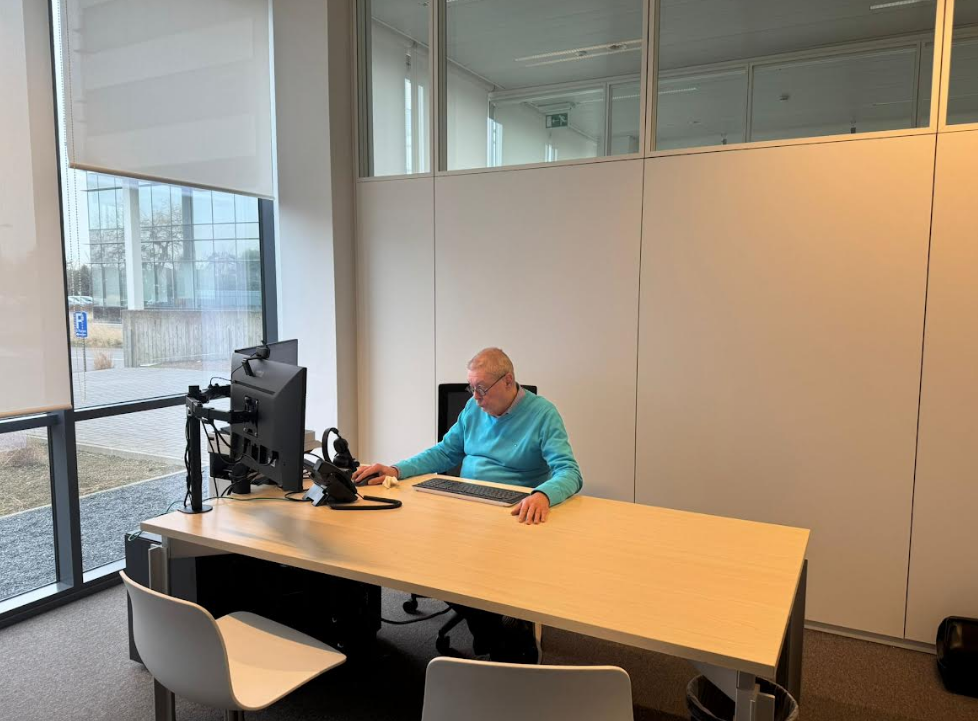
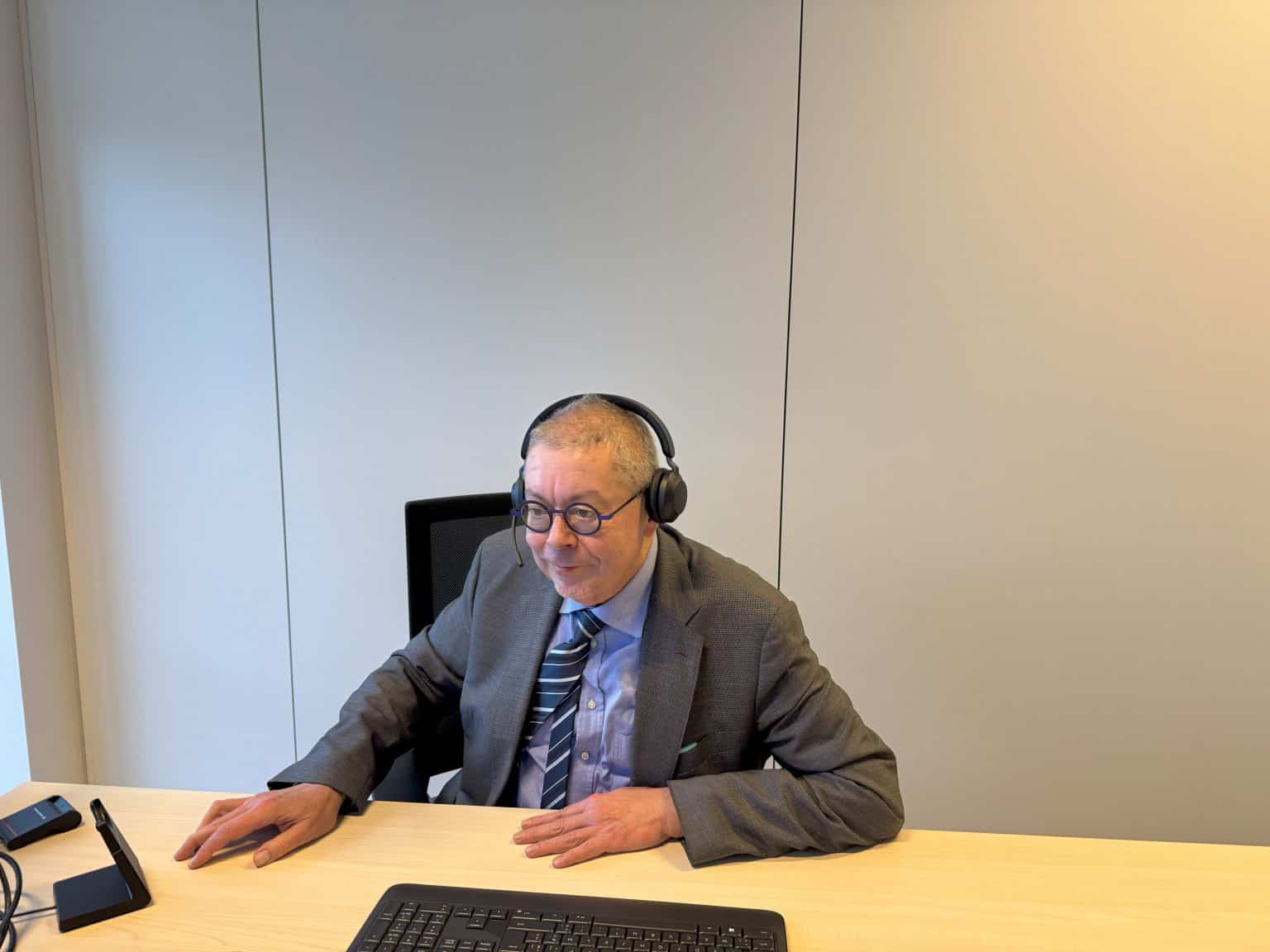
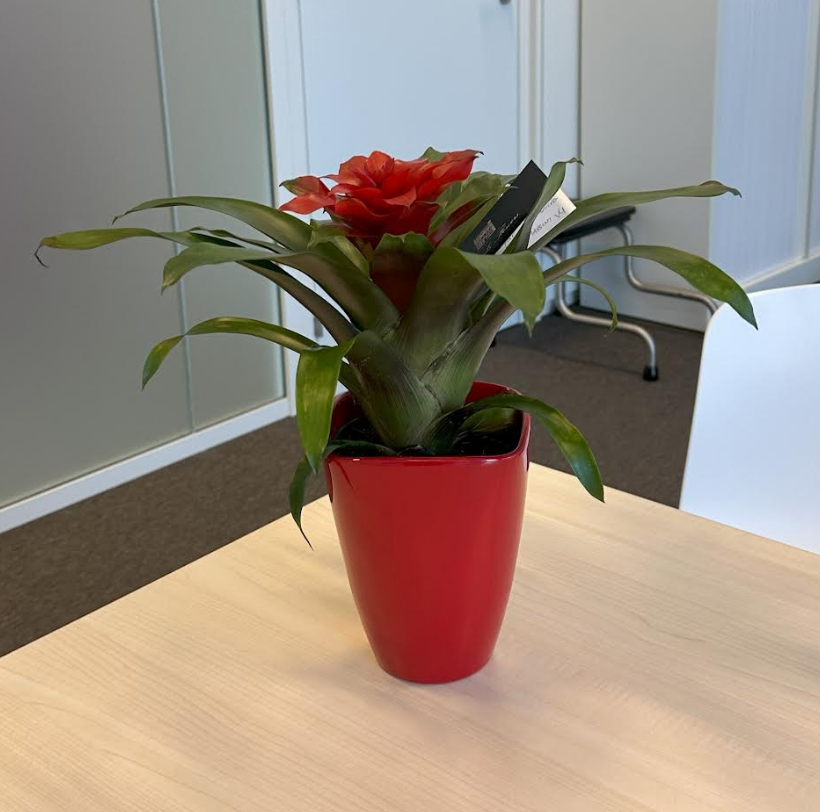
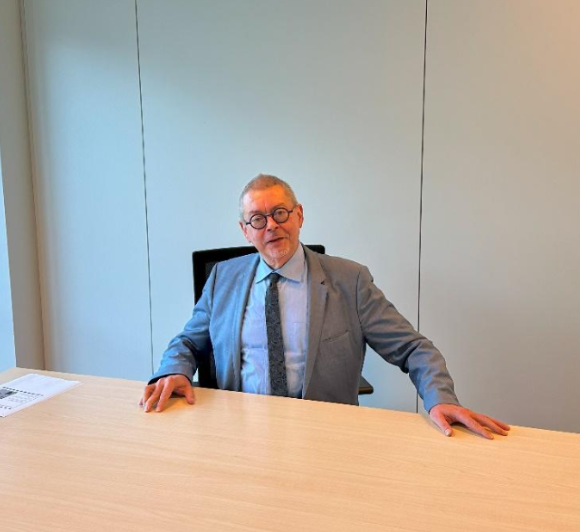
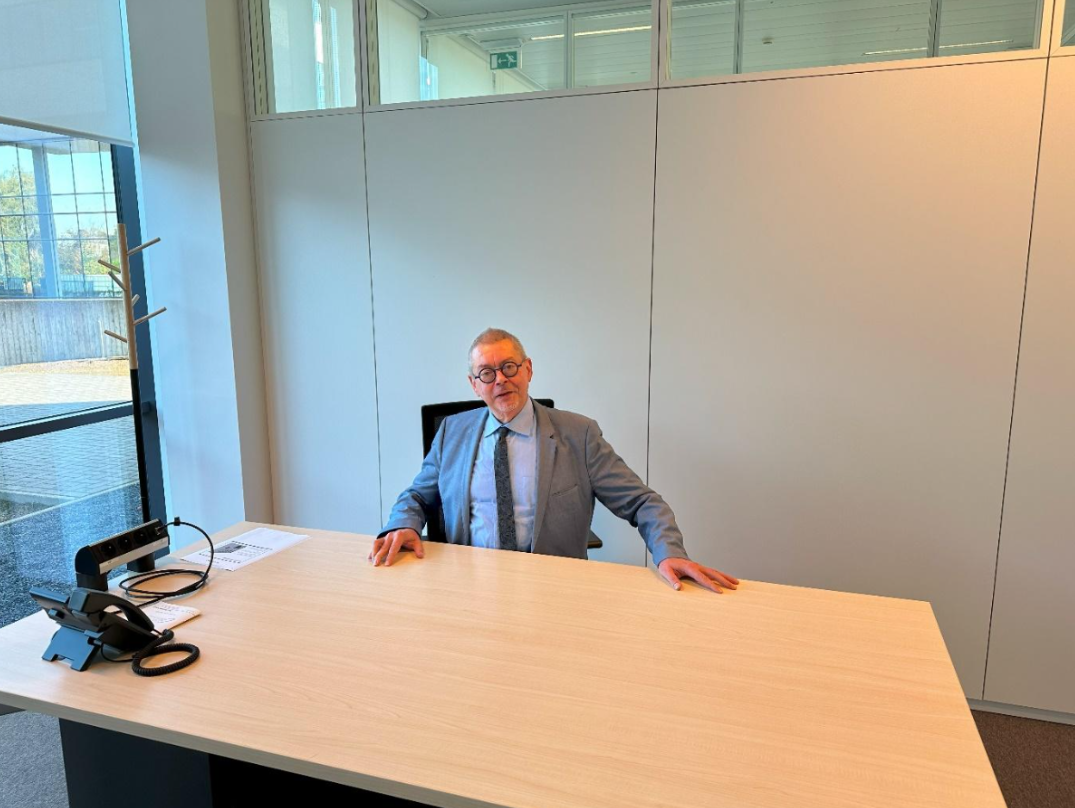
No comments have been posted yet!